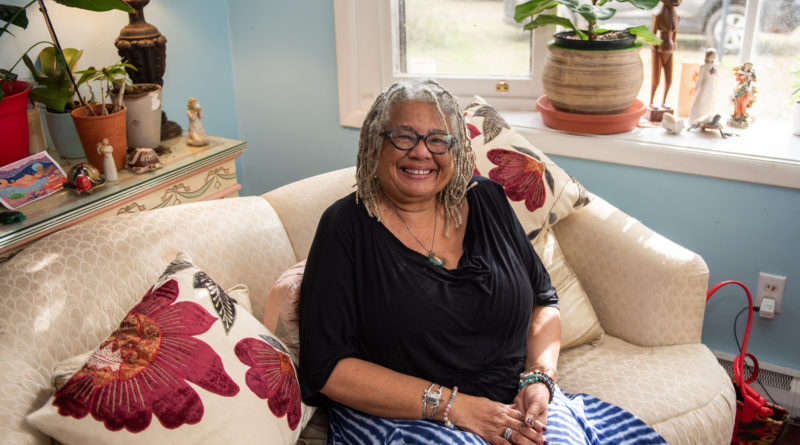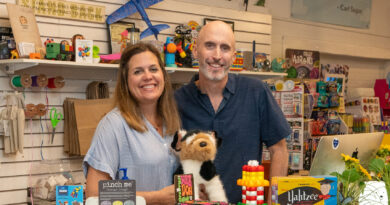IFETAYO WHITE, DOULA
Empowering the Birth Experience
story by JENNIFER BROWN-CARPENTER photos by CHARLOTTE BERKELEY-STANGE
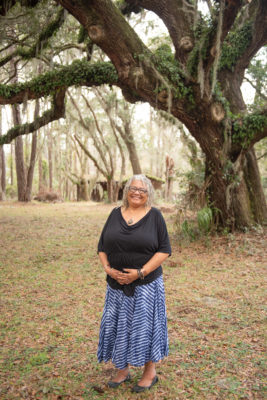 Ifetayo White gave birth, for the first time in the 1970s to a healthy baby girl who came in the middle of a snowstorm in Boston. Things were different back then: the main thing being that Ifetayo’s husband wasn’t allowed in the delivery room until after their daughter was born. That experience wasn’t what pushed Ifetayo to become a doula. Still, she does strongly believe that a mother should never be alone while bringing a baby into the world.
Ifetayo White gave birth, for the first time in the 1970s to a healthy baby girl who came in the middle of a snowstorm in Boston. Things were different back then: the main thing being that Ifetayo’s husband wasn’t allowed in the delivery room until after their daughter was born. That experience wasn’t what pushed Ifetayo to become a doula. Still, she does strongly believe that a mother should never be alone while bringing a baby into the world.
Ifetayo became a certified doula in 2007. She was living in Vermont at the time. She had moved to Beaufort in 2000 and was a massage therapist and reiki master. She was fascinated by birth and wanted to become involved in the birthing experience, but she was in her fifties and didn’t want to go back to school. Her friend told her about women called “doulas.” There was a training program for doulas at the Technical College , but Ifetayo became interested too late, and the beginning of the training had already taken place. She lived here in Beaufort for two more years before moving to Vermont in 2002.
While in Vermont, Ifetayo was working in pediatric mental health. She was working in the county mental health system, mostly with teenagers. Around 2005, two of the teenage girls in the mental health system became pregnant. She had a strong desire to be at their births. She knew in her heart that as troubled young women in the mental health system, and already on medications, their birth situations could be traumatic.
A friend in Vermont had a daughter who lived in Maine, and she was a doula. There was training coming up that the daughter was sponsoring. Ifetayo went to Maine to take the training. It was a year process from beginning to end (involving attending births and documenting them fully, reading books, etc.), but in 2007 Ifetayo became fully certified as a doula. She was able to participate in the births of those two young women who were in the mental health system, as well as others in the area before moving back to Beaufort in 2009.
The American Pregnancy Association defines a doula as someone who “is a professional trained in childbirth who provides emotional, physical, and educational support to a mother who is expecting, is experiencing labor, or has recently given birth. Their purpose is to help women have a safe, memorable, and empowering birthing experience.”
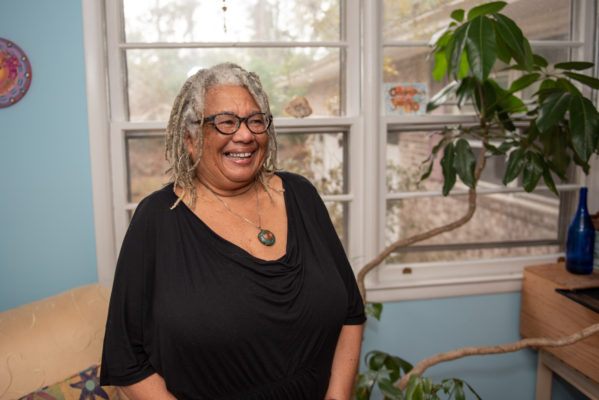
Labor, birth, and the postpartum period are some of the most vulnerable and special moments of a woman’s life. It is a time when she needs active support and encouragement.Ifetayo believes that all mothers should have someone there not only to provide those things, but also to have a hands-on role with the mother. Doulas will encourage a father to do these things if he is present, but if he isn’t, or doesn’t feel comfortable doing so, a doula will make sure she is rubbing the back, brushing back the hair, or massaging the feet of the woman as she works to bring her baby into the world. These little gestures not only provide comfort to the woman but also create a safe environment that allows her body to do its job well.
While the physical pain of birth is what’s most often discussed when it comes to the experience of becoming a mother, the mental and emotional struggle of the postpartum period can be even more painful and difficult. Many women don’t live near their mothers or another influential older woman who can provide that help and support in the first few weeks. This period is so vital to a mother’s healing and settling into her new role. For Ifetayo, being a doula in the postpartum period has included scrubbing floors, playing with toddlers who were older siblings, cooking, doing laundry, and providing basic breastfeeding help to new moms. The postpartum period role is different for each individual doula and new mom. An agreement is reached and signed before the baby is born.
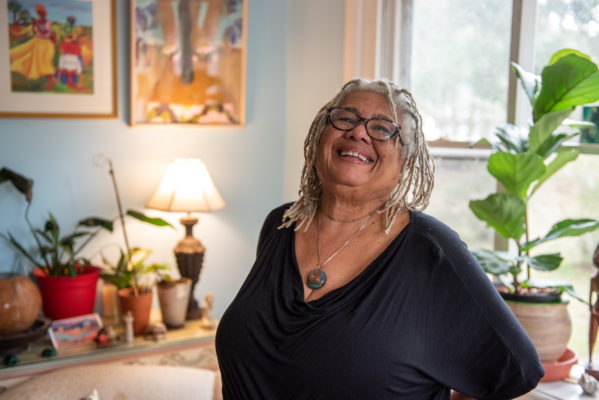
The CDC states that 1 in 9 women will experience postpartum depression symptoms and that these statistics can differ depending on race, ethnicity, and age. The presence of a trusted woman during the postpartum period can lower the risks of both postpartum depression and postpartum anxiety. The overwhelming feeling of caring for a newborn, as well as the onrush of hormones and a new mother’s own physical healing, can make her feel unlike herself. Having that support is vital during the transition period. Simply knowing she is not alone can make so much difference.
In 2009 when Ifetayo moved back to Beaufort, there was only one other doula in Beaufort County. They became friends and helped each other. Ifetayo was participating in 1-2 births every month.
Ifetayo decided to invite her trainer to come to Beaufort to lead a training about seven years ago. She was on a subcommittee of Together For Beaufort County at the time. This subcommittee was focused on implementing ways to reduce maternal and infant mortality in Beaufort and Jasper counties.
The subcommittee would submit grants to Human Services, and three separate times, Ifetayo was awarded $5,000 to give as scholarships to several women who wanted to become doulas. They were able to have 3-4 trainings for the certification classes. The certifying organization wanted at least 12 women in each class, so Ifetayo had to do a lot of marketing to attract women in this area, as well as other places to come join. Some women paid, and Ifetayo was able to provide 8-10 scholarships for women who desired to become certified doulas. There is now an influx of doulas in Beaufort and the surrounding areas, such as Savannah, Bluffton, and Hilton Head.
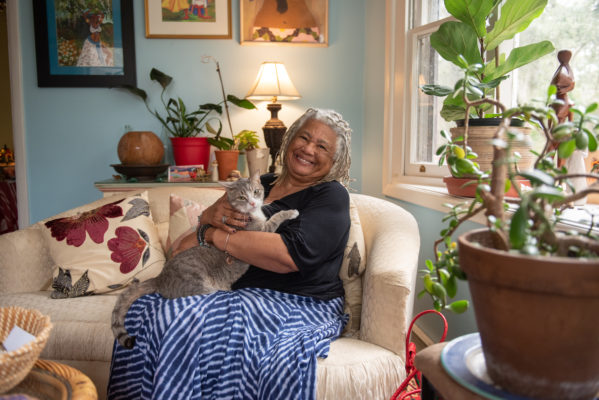
Ifetayo is officially retired now, but that does not mean that if a need arises, she will ignore it. She says yes to “special cases,” such as VBAC, first-time homebirths, or families that she has been with before. She is focused on mentoring doulas now and providing education to them.
She is very interested in creating a community doula program. It’s something she has been thinking about for years. This would include doulas providing free or sliding scale doula support to any woman or family who cannot afford a doula and needs one. Ifetayo and her fellow doulas have helped transport women to prenatal visits and back home. Community doulas play a very active role in the birthing process of the women in their community during the prenatal and postpartum periods.
Ifetayo has attended over 100 births and has become emotional at every single one. She considers delivery to be a beautiful experience. One of the things that makes Ifetayo an exceptional doula is her welcoming presence and her kind smile. She makes you feel at ease the minute you meet her.

